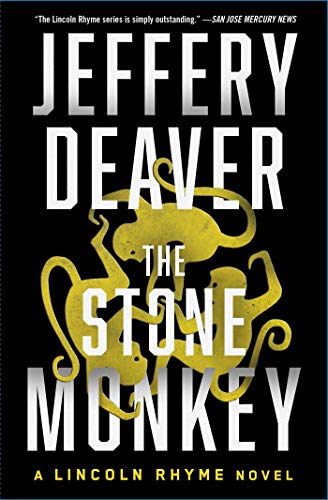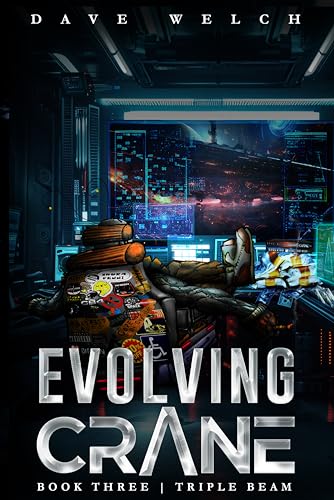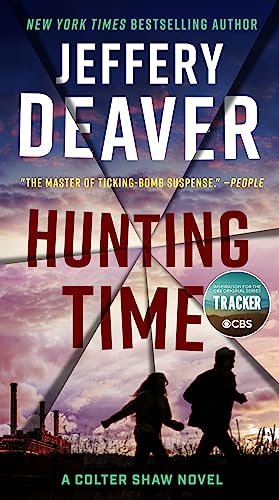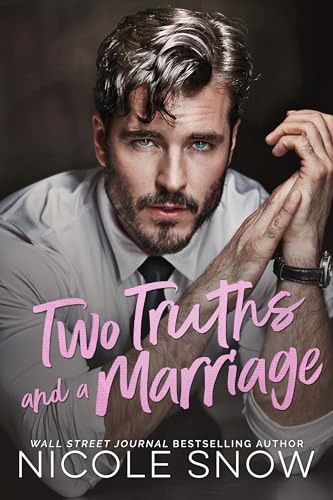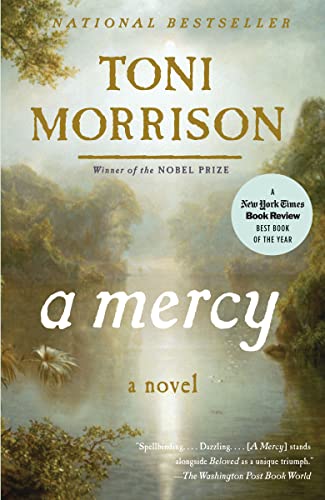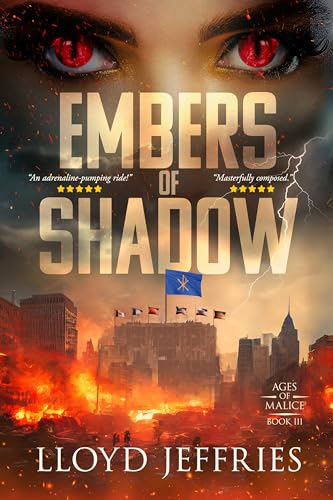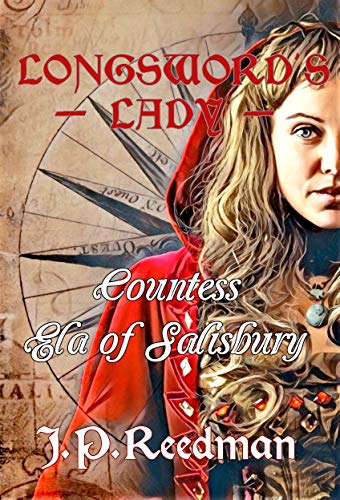By LEN EDGERLY, Contributing Editor
If you are like me and most other people, you seldom read a book published by a university press. Which is a shame, actually.
When you consider the intelligence of the authors and the variety and depth of topics represented by this slice of the publishing world, it makes me wish there were a convenient way to explore them.
Or, with my Kindle Fire or other .mp3 player, maybe there could be a way to learn from scholarly authors without even having to buy and read their books.
It turns out there is a way to browse such work by scholars. It is the creation of Marshall Poe, a professor of history at the University of Iowa, and it’s called t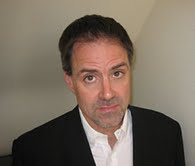 he New Books Network (NBN).
he New Books Network (NBN).
Poe (photo at right) started his podcast-based project by doing smart, unhurried audio interviews with fellow historians about their books. He has since expanded the effort to other disciplines, so you will find about 50 active podcast channels at New Books Network, covering (alphabetically) everything from African Studies to World Affairs. In between, you can browse Anthropology, Buddhist Studies, Critical Theory, Islamic Studies, Music, and Secularism, among others.
This is a helpful way to organize a daunting catalog of interviews, because you can browse through categories and drill down to specific books and authors you might like to hear about.
For example, if you are interested in Sports, you will find a channel devoted to that topic, and in it you will find an interview with Rob Fitts, author of Banzai Babe Ruth: Baseball, Espionage, and Assassination During the 1934 Tour of Japan. Like many of the books featured at NBN, this one is no bargain. It’s available from the University of Nebraska Press at the Kindle Store for $19.22.
Bruce Berglund interviews Fitts with a light touch, giving the author plenty of time to tell how, starting out as an archeologist, he came to write a book about a tour of Japan by Babe Ruth seven years before the attack on Pearl Harbor. Ruth and the players traveling with him were thrilled with their reception in Japan, where hundreds of thousands of fans lined the streets to greet them. Ruth’s connection to Japan led to a deep sense of personal betrayal on December 7, 1941.
Although I am not a baseball fan, I thoroughly enjoyed the Fitts interview. It lasts just under an hour, and it offers a highly original look into Japanese-American relations leading up to World War II. In this case, the interview was enough, and I did not decide to purchase the book.
You might or might not find a Kindle book you want to buy while hanging out at New Books Network. In fact, about 40 percent of the titles discussed are available, sadly, only on paper. What I can guarantee is that you are not likely to find these books featured elsewhere. And this goes to Marshall Poe’s mission.
“There’s a lot of good stuff in these books, and these people are very eloquent and very intelligent,” he told me during this week’s Kindle Chronicles interview. “It can be quite a joy to listen to them talk about their books.”
What frustrates Poe is how poor a job university presses do in distributing their books. They have few marketing channels, and they price the books at a premium.
“University presses should just stop printing books—full stop,” he said. By comparison, eBooks may bring new audiences for scholarly works, but even they face this fundamental challenge: the difficulty of getting people to read anything.
“Although we often forget it, reading is a profoundly unnatural act,” Poe wrote in “Every Monograph a Movie,” a provocative article he published in March of this year in The Chronicle of Higher Education.
“We were not evolved to read,” he argued. “Eyes are for seeing, ears are for hearing, but we have nothing specifically designed for reading.” This means we have to rewire our brains to learn to read. In addition, Poe wrote, even if we have learned to read well, the activity is “often not physically pleasurable.”
I found it shocking to read those words in a scholarly article by an academic. But even as I consider myself to be an evangelist for the joys of reading eBooks with ever-improving digital devices, I will admit to a gnawing doubt. What if the future bends inevitably toward “enhanced” books that do provide pleasure for eyes and ears more in tune with millions of years of human evolution?
I will try to stay nimble and explore such enhancements, of course. It is a good strategy for aging with energy and wit. Meanwhile, I am always looking for great books to read, using my rewired brain that long ago learned to love the way words on a page or screen mysteriously dissolve into story and meaning.
I love bestsellers and popular books. But now and again I like to challenge myself at the outer edge of my comfort zone. That’s why I am going to enjoy listening to more of NBN’s author interviews. I will close by mentioning a book that I found in the Language section that actually did lead me to a one-click purchase for my Kindle.
The title is Words Like Loaded Pistols: Rhetoric from Aristotle to Obama by Sam Leith, available for $14.84 from Basic Books. Chris Cummins’s chat with the author hooked me into wanting to learn more about centuries-old tools of persuasion that are on full display, for those who recognize them, in modern political campaigns.
It begins—and I’m reading from my Kindle Fire here—with this promising scene from The Simpsons:
MARGE [sings]: How many roads must a man walk down before you can call him a man?
HOMER: Seven.
LISA: No, dad, it’s a rhetorical question.
HOMER: Okay, eight.
LISA: Dad, do you even know what “rhetorical” means?
HOMER: Do I know what “rhetorical” means?
Good question, Homer! And thanks, Marshall Poe, for getting it onto my Kindle.
 Kindle Nation Weekender columnist Len Edgerly blogs at The Kindle Chronicles where you can hear his interview with Marshall Poe in its entirety at 10:57 of this week’s Kindle Chronicles Episode 205.
Kindle Nation Weekender columnist Len Edgerly blogs at The Kindle Chronicles where you can hear his interview with Marshall Poe in its entirety at 10:57 of this week’s Kindle Chronicles Episode 205.

